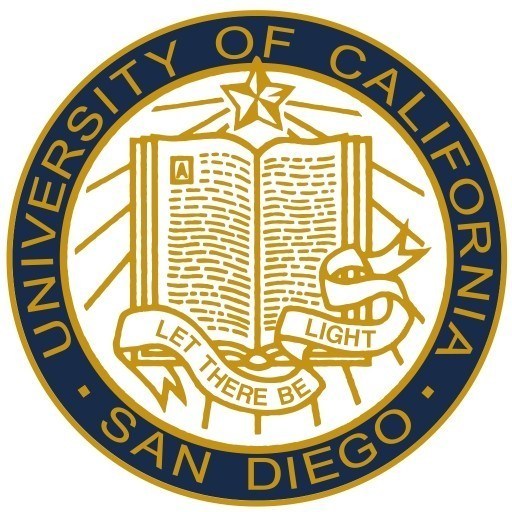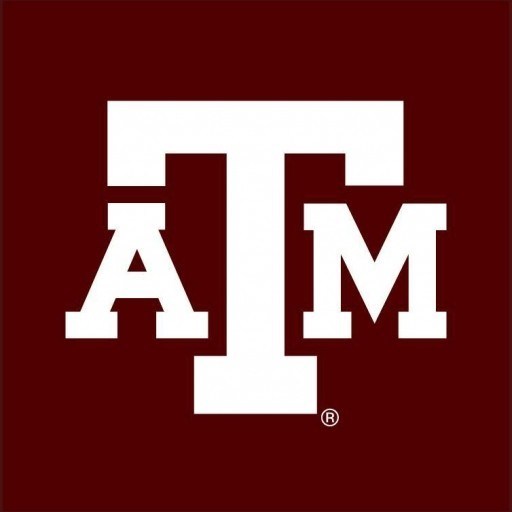Photos of university / #univofmaryland
The Agricultural and Resource Economics program at the University of Maryland, College Park is designed to equip students with a comprehensive understanding of economic principles as they relate to agriculture, natural resources, and environmental issues. This interdisciplinary program combines core economic theories with practical applications to address some of the most pressing challenges facing global food systems, natural resource management, and environmental sustainability. Students will engage in rigorous coursework that covers topics such as microeconomics, macroeconomics, environmental economics, agricultural policy, development economics, and resource management strategies.
The curriculum emphasizes quantitative skills, including advanced statistical and econometric methods, which are essential for analyzing complex economic data and making informed policy decisions. Students have opportunities to specialize through electives in areas like international agricultural trade, agricultural finance, conservation economics, and climate change adaptation strategies. The program also fosters a strong foundation in research methodology, enabling students to undertake independent research projects that contribute to policy debates and innovative solutions.
In addition to classroom instruction, the program offers experiential learning opportunities such as internships, research assistantships, and field projects in collaboration with government agencies, industry partners, and non-profit organizations. These experiences provide practical insights into real-world economic issues faced by farmers, resource managers, and policymakers. The program prepares graduates for diverse career paths, including roles in government agencies like the USDA, international organizations such as the World Bank, private sector firms specializing in agribusiness and environmental consulting, and academic research.
Students in the Agricultural and Resource Economics program benefit from the university’s strong ties to policy institutions and research centers, as well as access to cutting-edge data and analytical tools. The program aims to develop critical thinkers and effective communicators capable of analyzing economic challenges, designing sustainable solutions, and influencing policy decisions. Graduates emerge well-equipped to contribute positively to the sustainable management of resources and the development of resilient agricultural systems in a changing global environment.
The Agricultural and Resource Economics program at the University of Maryland, College Park, offers students a comprehensive education in the analysis of economic principles as they apply to agriculture, natural resources, and environmental issues. This interdisciplinary program combines rigorous coursework in microeconomics, macroeconomics, statistics, and quantitative methods with specialized classes focused on farm management, agricultural policy, resource sustainability, and environmental economics. Students gain a strong foundation in economic theory, complemented by practical skills in data analysis, modeling, and policy evaluation, preparing them for diverse careers in government agencies, private sector companies, research institutions, and non-profit organizations.
Throughout the program, students explore critical topics such as commodity markets, international trade in agricultural products, land use policies, resource conservation strategies, and the economic impacts of environmental regulations. The curriculum emphasizes the use of advanced analytical tools and computer-based modeling techniques to assess complex economic systems and inform decision-making processes. Hands-on learning experiences include case studies, research projects, internships, and interactions with industry professionals, enabling students to apply theoretical knowledge to real-world challenges.
Research opportunities are available through faculty-led projects in areas like sustainable agriculture, climate change economics, and food security. The program also encourages interdisciplinary collaboration, fostering an understanding of how economic insights can contribute to sustainable development and resource management. Graduates of the Agricultural and Resource Economics program are well-equipped to pursue advanced degrees or enter careers in agricultural finance, policy analysis, environmental consulting, commodity trading, or government agencies such as the USDA. With a focus on solving pressing global issues related to food security, environmental sustainability, and economic development, the program prepares students to become thoughtful leaders and innovative problem solvers in the field of agricultural and resource economics.
Program requirements for the Agricultural and Resource Economics Bachelor's degree at the University of Maryland, College Park include completion of 120 credit hours consisting of core courses, specialization electives, and general education requirements. Students must complete foundational courses such as Introduction to Microeconomics and Introduction to Macroeconomics to establish a solid economic background. They are also required to take courses in agricultural and resource economics topics, including Agricultural Marketing, Commodity Markets, Natural Resource Economics, and Environmental Economics.
In addition, students must enroll in quantitative methods courses such as Statistics for Economics and Introduction to Econometrics to develop analytical skills necessary for economic modeling and data analysis. The program emphasizes experiential learning where students undertake a capstone project or research that applies economic principles to real-world agricultural or resource management issues.
Students are encouraged or required to participate in internships or cooperative education programs to gain practical experience in the field. There is also a component of general education that includes humanities, social sciences, and writing skills courses to promote a well-rounded education. Electives allow students to tailor their studies toward specific interests such as international development, food policy, or environmental management.
The program may include a minor or certificate options for specialization in areas such as sustainability, data analytics, or policy analysis, depending on the academic plan. To graduate, students must achieve a minimum grade point average as specified by the department, typically at least a 2.0 or higher. Advising sessions are recommended throughout the program to ensure students meet all academic requirements and to plan elective and experiential learning opportunities effectively.
The University of Maryland, College Park offers various financial aid options and resources to support students enrolled in the Agricultural and Resource Economics program. Prospective and current students can explore several pathways to fund their education, including federal and state financial aid programs, scholarships, assistantships, and loans. Federal aid, such as the Pell Grant, Federal Work-Study, and Stafford Loans, are available to eligible students to help cover tuition costs and living expenses. The university encourages students to complete the Free Application for Federal Student Aid (FAFSA) to determine their eligibility for these federal funds.
In addition to federal aid, the University of Maryland offers a range of institutional scholarships specifically for students in the College of Agriculture and Natural Resources. Scholarships are awarded based on academic merit, financial need, leadership qualities, and other criteria. Applicants are typically considered by submitting a scholarship application form, which may be available through the university's Office of Scholarships and Financial Aid or the department’s website. Some scholarships are renewable annually, provided students maintain specific academic standards and continue to demonstrate financial need.
Graduate students pursuing advanced degrees in Agricultural and Resource Economics may also have access to teaching and research assistantships. These assistantships often provide a tuition waiver and a stipend in exchange for teaching support or research work. Such positions are highly competitive and require students to demonstrate academic excellence and relevant experience. They allow students to reduce their educational costs while gaining valuable professional experience in their field.
The university also provides various loan options for students who require additional financial support. Federal Direct Loans, private loans, and alternative financing plans are available, with interest rates and repayment terms varying depending on the loan type. University recommends that students carefully review their loan obligations, compare different options, and consider borrowing conservatively.
Furthermore, students are encouraged to seek external scholarships and grants from national organizations, industry groups, and private foundations dedicated to supporting students in agricultural and resource economics and related fields. Many of these external sources may have specific eligibility criteria related to geographic location, academic achievement, or career interests.
The Department of Agricultural and Resource Economics at the University of Maryland also provides guidance to students regarding financial planning and available aid opportunities. Financial literacy workshops, counseling services, and dedicated staff assist students in navigating the financial aid process, understanding payment deadlines, and planning their financial future.
Overall, the University of Maryland, College Park offers comprehensive support to ensure that students pursuing Agricultural and Resource Economics programs can access a variety of funding opportunities. By combining federal aid, institutional scholarships, graduate assistantships, loans, and external funding, students can create a manageable financial plan to achieve their educational and career goals in agricultural and resource economics.
The Department of Agricultural and Resource Economics at the University of Maryland, College Park, offers a comprehensive undergraduate program designed to equip students with a solid understanding of economic principles as they apply to agriculture, natural resources, and environmental issues. The curriculum emphasizes the development of analytical skills pertinent to resource management, policy analysis, and economic decision-making within the agricultural sector. Students in this program have the opportunity to engage with a diverse range of courses covering topics such as microeconomics, macroeconomics, farm management, international trade, environmental economics, and economic modeling. The program aims to prepare graduates for careers in agricultural consulting, environmental policy, resource management, and roles within government agencies, non-profit organizations, or private sector firms. The faculty within the department are active researchers, often involved in projects related to sustainable agriculture, resource conservation, and economic development, providing students with exposure to current issues and practical applications. The program emphasizes experiential learning through internships, cooperative education, and research projects, allowing students to gain real-world experience. Additionally, students are encouraged to participate in study abroad programs and interdisciplinary initiatives to broaden their understanding of global and local resource challenges. The degree offers a strong foundation for those considering graduate studies in economics, public policy, environmental science, or related fields. Overall, the Agricultural and Resource Economics program at Maryland prepares students not only with robust economic knowledge but also with the critical thinking and problem-solving skills necessary for addressing complex agricultural and resource issues both domestically and internationally.










